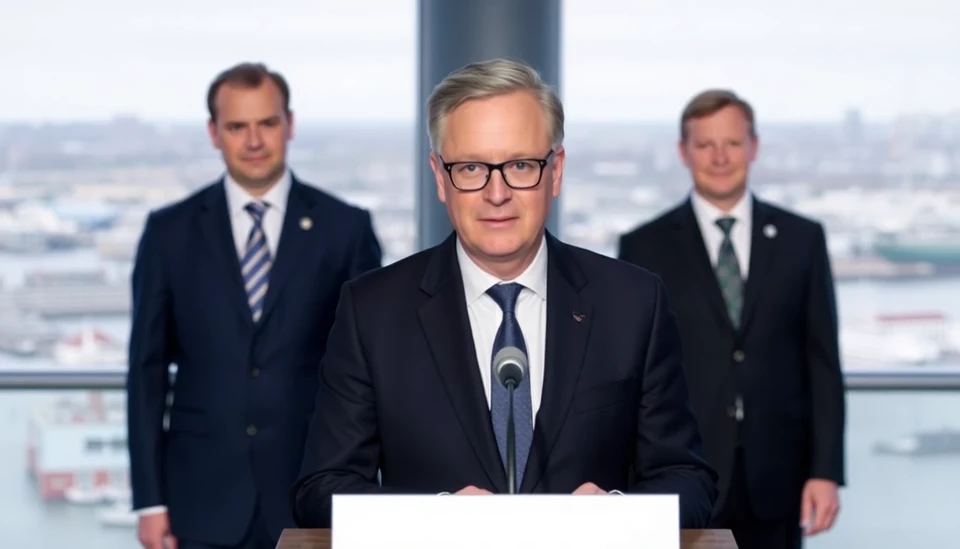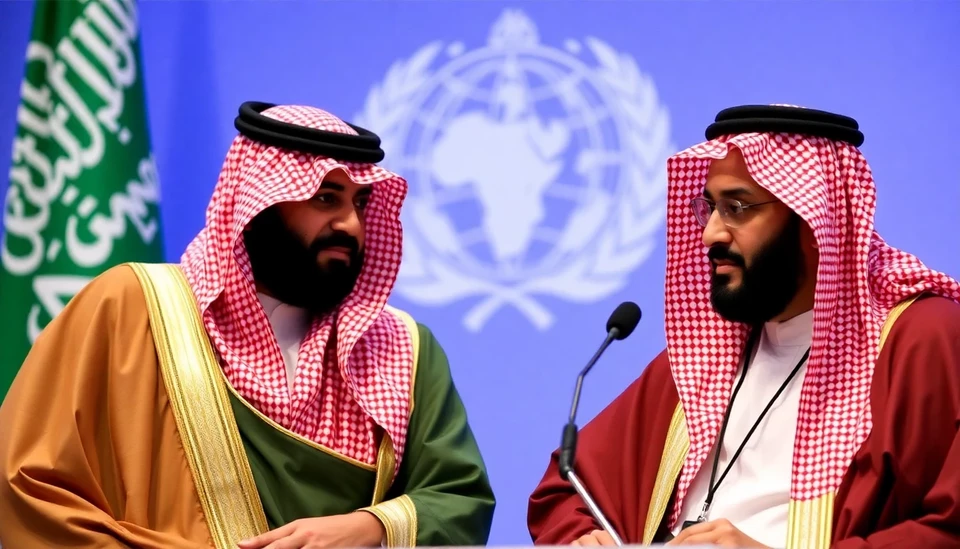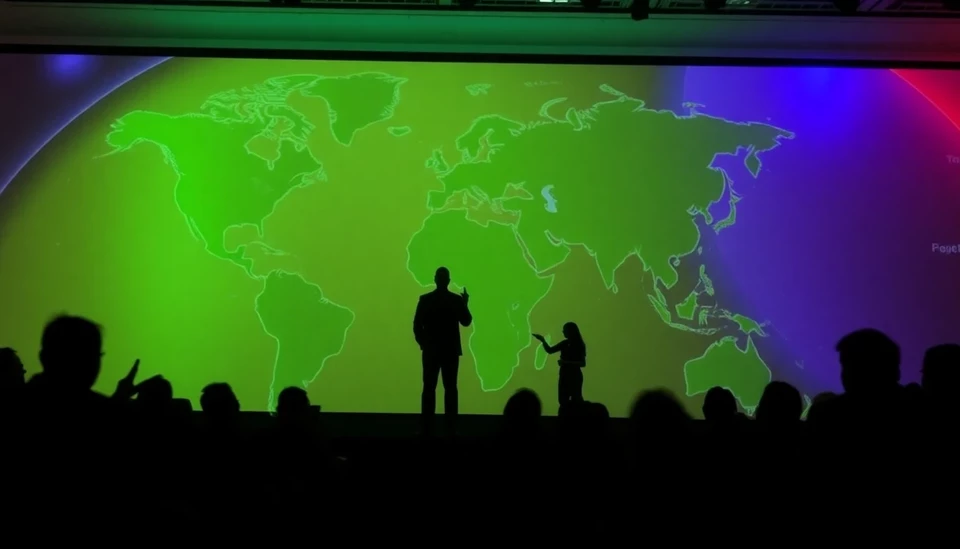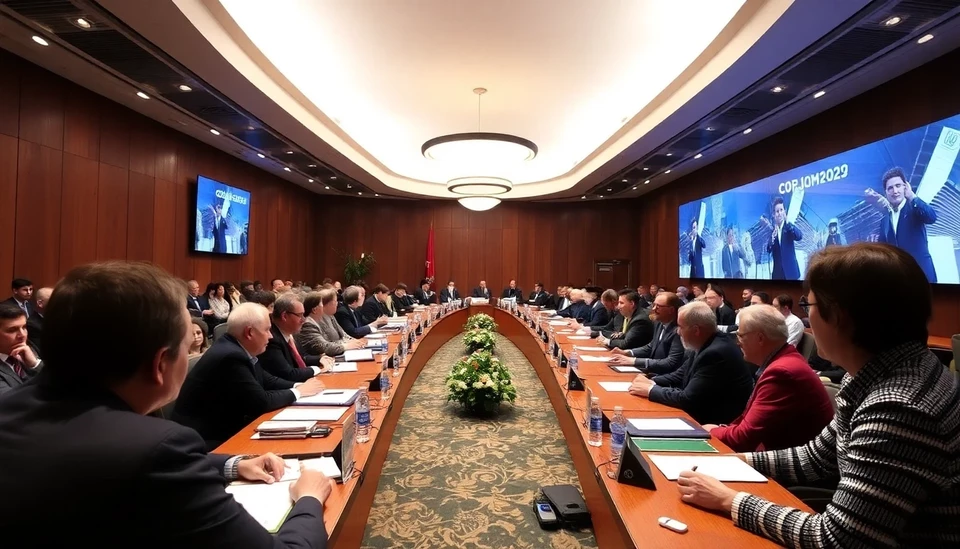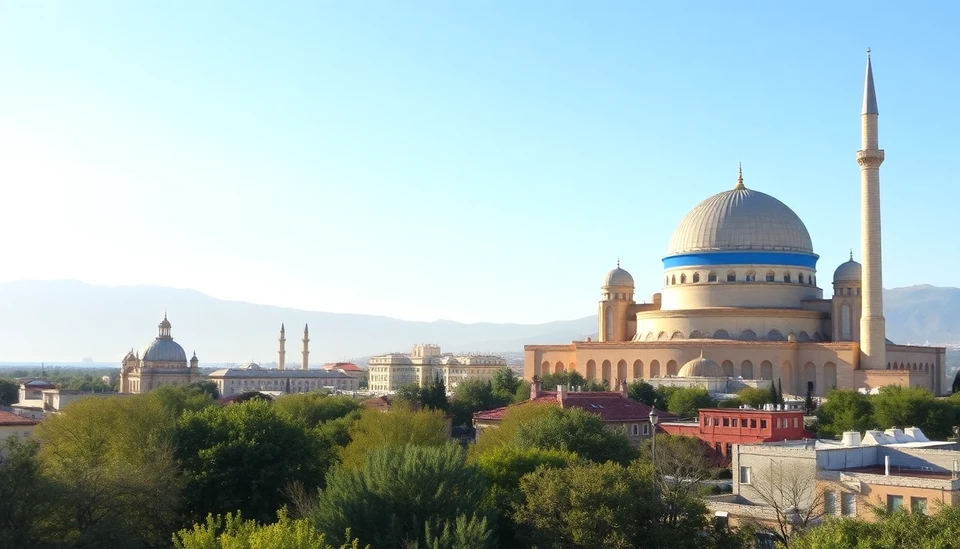
As world leaders and environmental experts prepare for COP29, the latest reports indicate a concerning trend regarding methane emission pledges. Despite a global agreement to cap methane emissions, actual reductions have yet to materialize, raising questions about the effectiveness of current strategies to combat this potent greenhouse gas.
Since the launch of the Global Methane Pledge in 2021, led by the United States and the European Union, over 130 countries have committed to reducing methane emissions by at least 30% by 2030. This target is crucial, as methane is known to be significantly more effective than carbon dioxide at trapping heat within the atmosphere in the short term, contributing to climate change and adverse environmental effects.
However, a recent analysis suggests that while commitments have been made, real-world implementations are lagging. Many of the signatory nations have yet to enact substantial policies or regulatory measures that would enable them to fulfill their ambitious pledges. Furthermore, the economic implications of reducing methane emissions, particularly for countries heavily reliant on fossil fuels and agriculture, often hinder progress in effectively addressing methane leaks and emissions.
For instance, in several nations, regulatory barriers and insufficient funding for clean technologies have stifled the advancement of methane reduction initiatives. These challenges highlight a broader issue wherein political will does not always translate into tangible action. As a result, the optimistic goals set during the COP conferences are now in jeopardy, with experts warning that without immediate, concrete actions, the commitments may only serve as symbolic gestures.
Countries such as the United States and Canada face particular scrutiny over their methane emissions resulting from oil and gas production. While sub-national efforts—such as state-level regulations and local initiatives to plug leaks—are underway, they often fall short of the comprehensive national strategies needed to effectuate widespread change.
Moreover, agriculture, a significant contributor to methane emissions, is frequently entrenched in traditional practices that resist transition toward more sustainable methods. Resistance from the farming sector, driven by economic anxieties and a lack of incentives for adopting new technologies, further complicates the overall reduction landscape.
As COP29 approaches, the narrative surrounding methane pledges underscores the urgent need for international collaboration, technological advancements, and financial investment to turn promises into action. Experts recommend that nations recommit to robust frameworks that facilitate not only pledging but also executing necessary interventions to combat methane emissions effectively.
With the clock ticking, the discussions at COP29 could shape the future trajectory of global methane management and climate action as a whole. The success of these talks may hinge on countries' willingness to align their national policies with their international commitments.
#COP29 #MethanePledges #ClimateAction #EmissionsReduction #GlobalWarming #Sustainability #EnvironmentalPolicy #GreenTechnology
Author: Peter Collins
